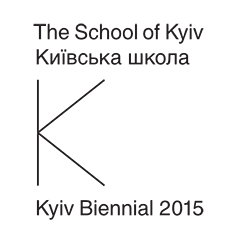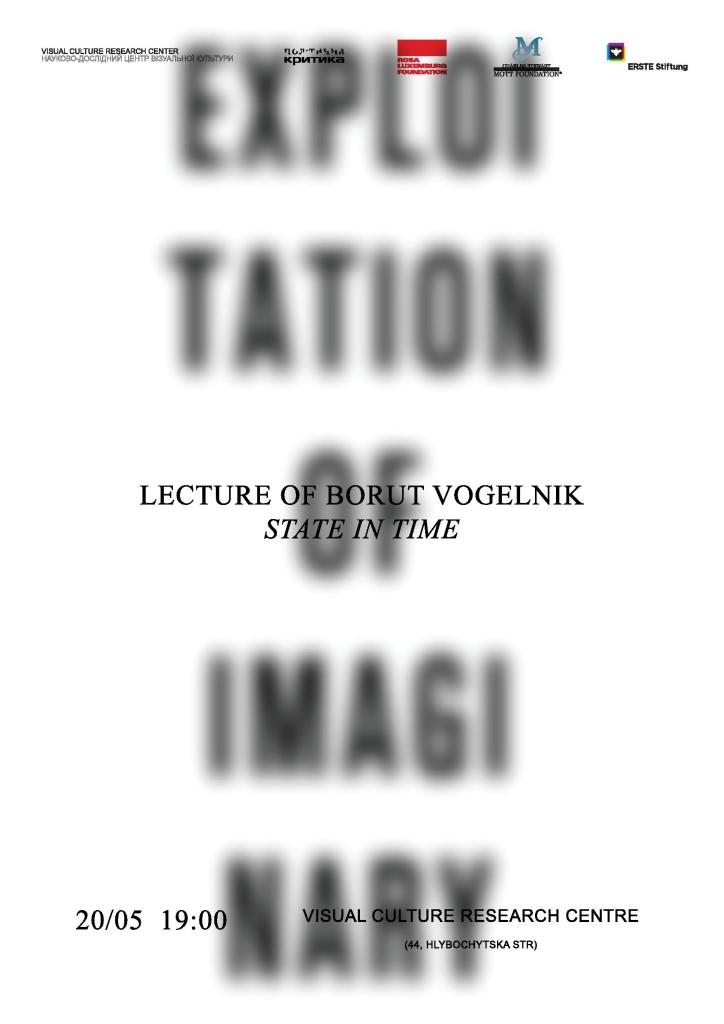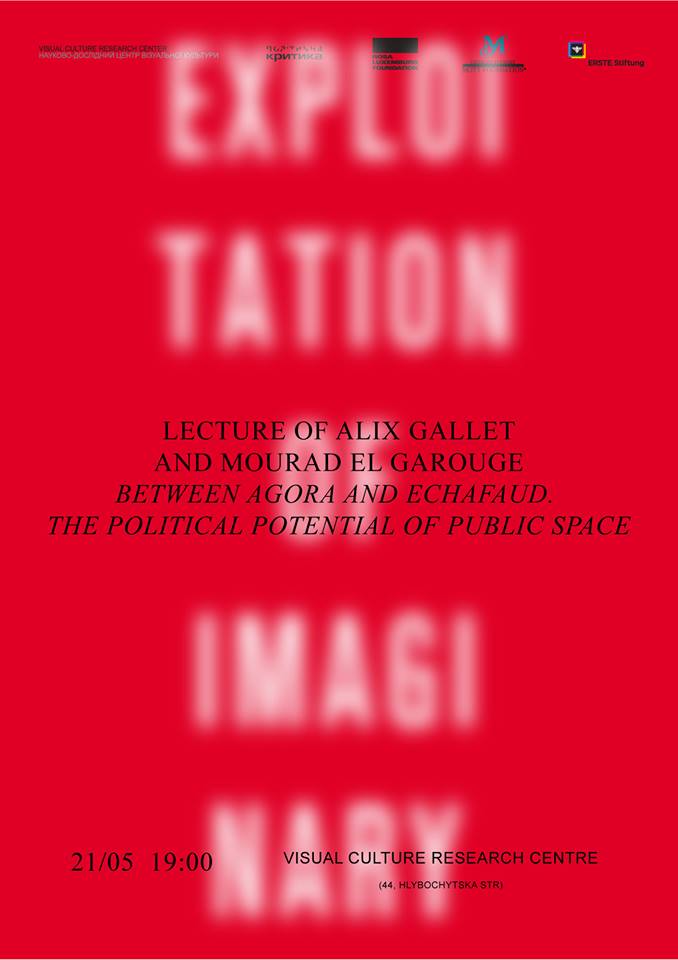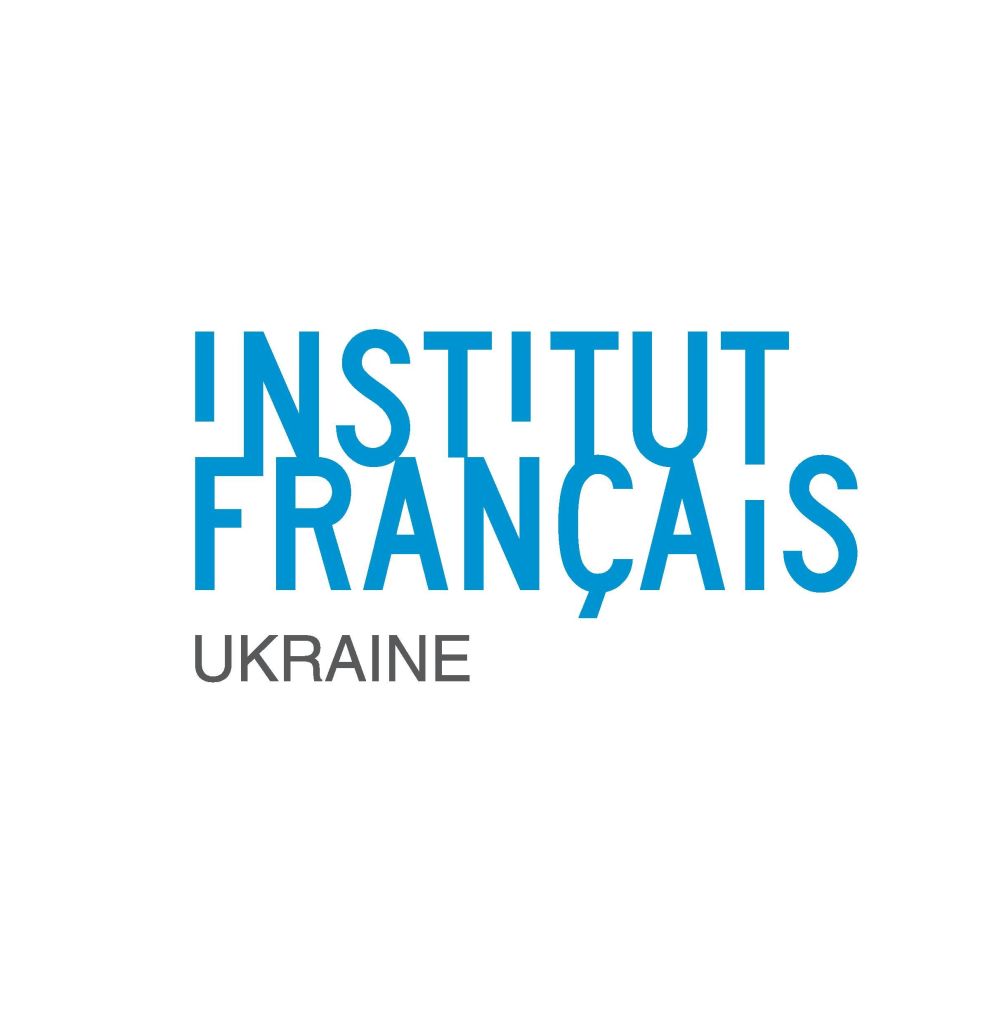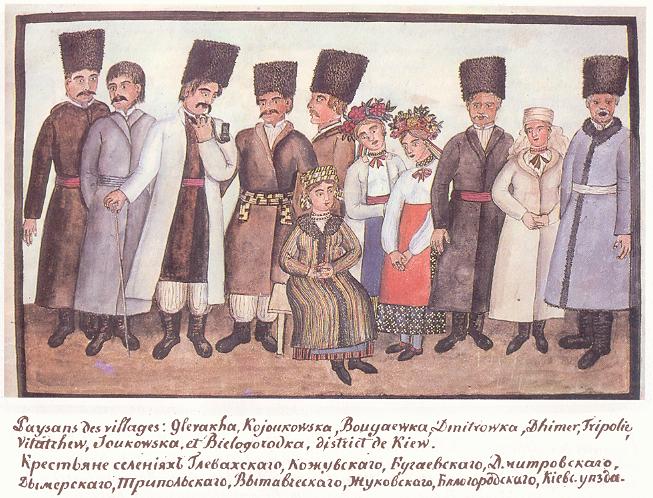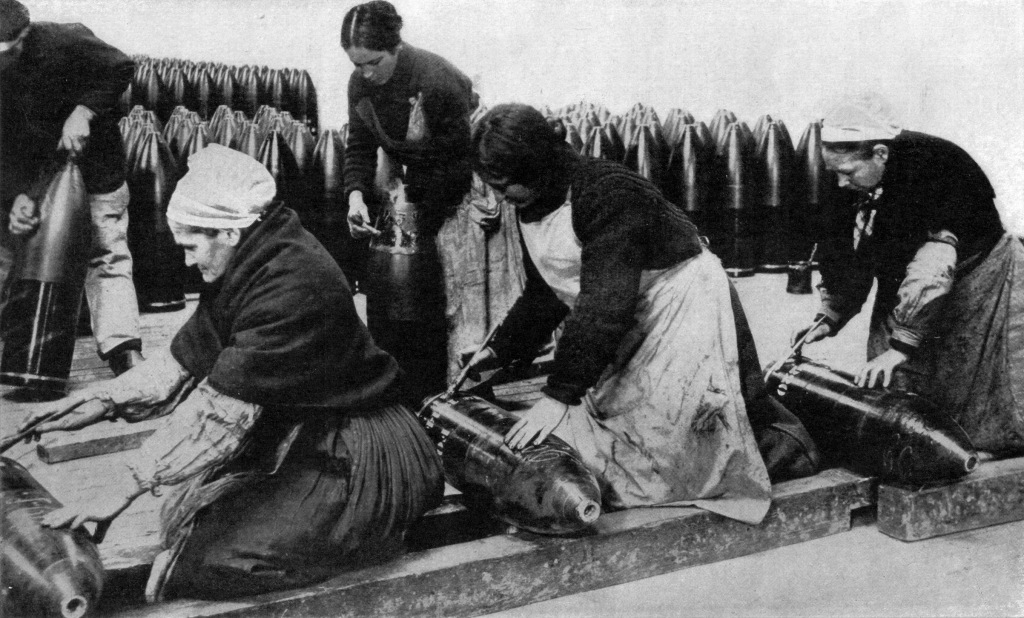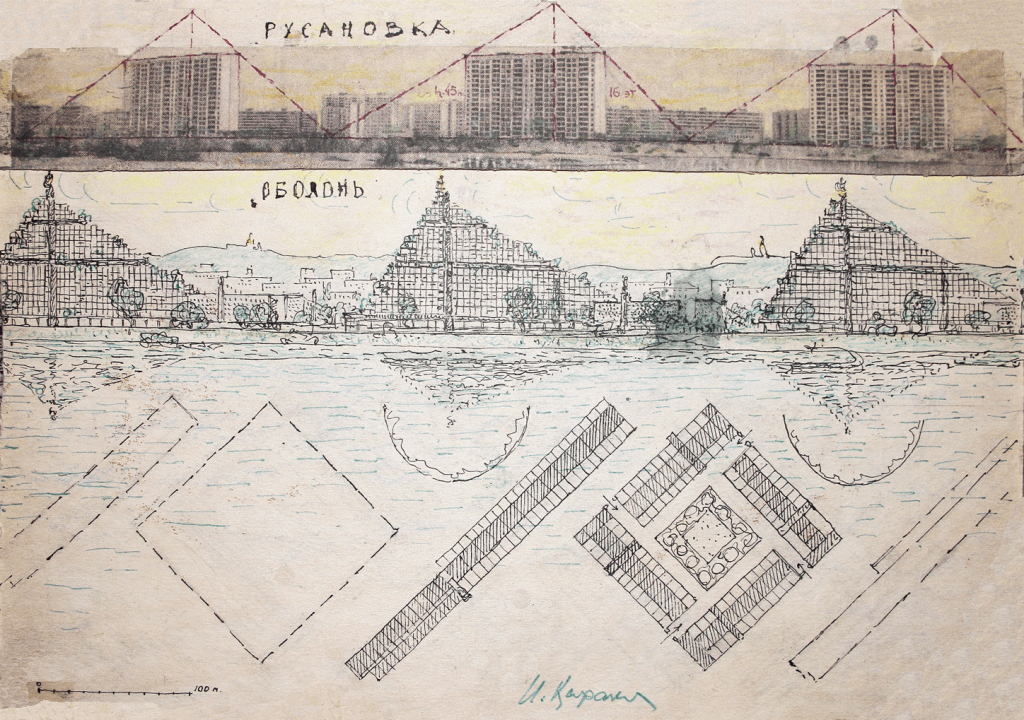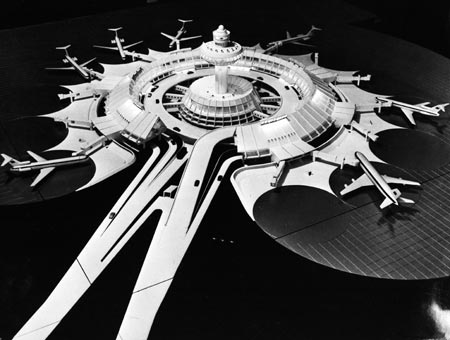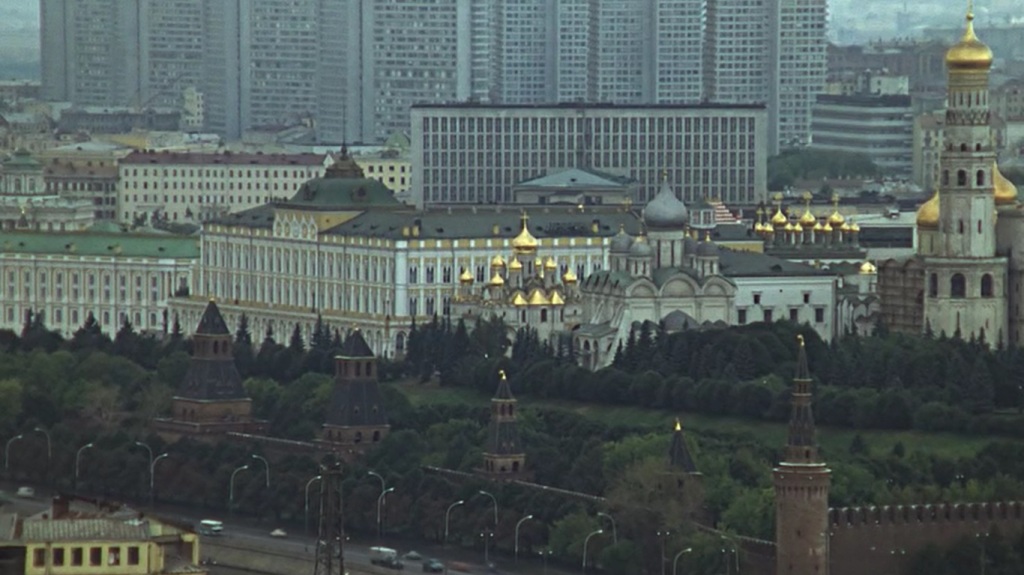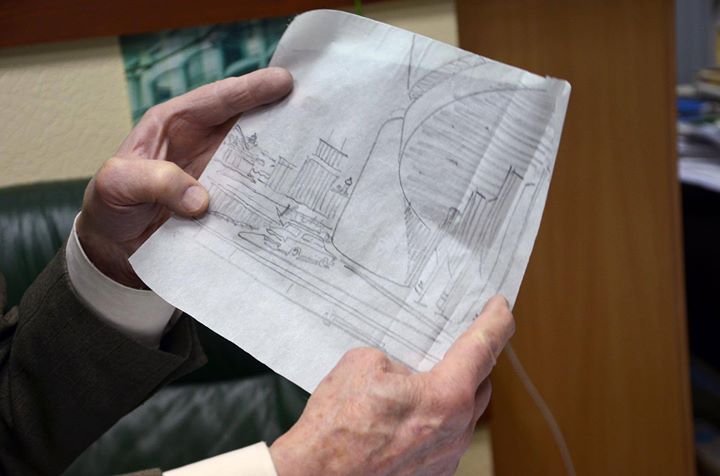Lecture by the member of IRWIN group Borut Vogelnik
Friday, 22 May 2015, 19:00
Visual Culture Research Center (44 Hlybochytska Street (1st floor), Kyiv)
Visual Culture Research Center and Political Critique invite you to the lecture by the member of IRWIN group Borut Vogelnik, which will take place on Friday, 22 may, at 19:00.
The NSK state came into being in 1992 as a result of the transformation of the Neue Slowenische Kunst (New Slovenian Art) collective into the NSK State in Time. With the collapse of socialism in the beginning of the 1990s and the subsequent emergence of a multitude of new states, some of which, among them Slovenia, achieved the status of an independent state for the fist time ever in history, NSK too objectified itself in the form of a state. Instead of to a territory, however, NSK assigned the status of its state to thinking, which alters its boundaries in accordance with the movements and changes of its symbolic and physical collective body.
So far, several thousand people have applied for and obtained NSK passports and thereby become citizens of the NSK State in Time, while also retaining their previous citizenship. Most of them come from the developed countries of Western Europe or the USA, and thus the majority of NSK’s population is from the so-called First World. Their reasons for attaining NSK citizenship are linked primarily to their understanding of and participation in the field of contemporary art. However, the largest number of passports was issued in Sarajevo at the end of the war in 1995. At that time, the citizens of Bosnia and Herzegovina had serious difficulty travelling outside their country. Several years ago, applications for the NSK passport began coming from Africa, from Nigeria in particular. It seems likely that, in the Third World, NSK passports have ceased to be artifacts and have become useful documents. What is interesting is why, where, for whom and how they are useful.
Borut Vogelnik is Slovenian artist, member of IRWIN group and Neue Slowenische Kunst art collective. He is Assistant Professor at the Academy of Visual Arts in Ljubljana.
Lecture will take place at Visual Culture Research Center within the frameworks of the exhibition “Some Say You Can Find Happiness There” and “Exploitation of the Imaginary” project (May 20 – June 15, 2015).
Working language – English
Admission is free
The project is supported by Rosa Luxemburg Stiftung
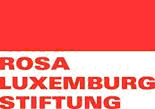
Supported by ERSTE Stiftung and Charles Stewart Mott Foundation
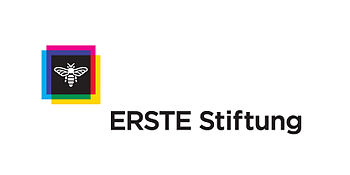
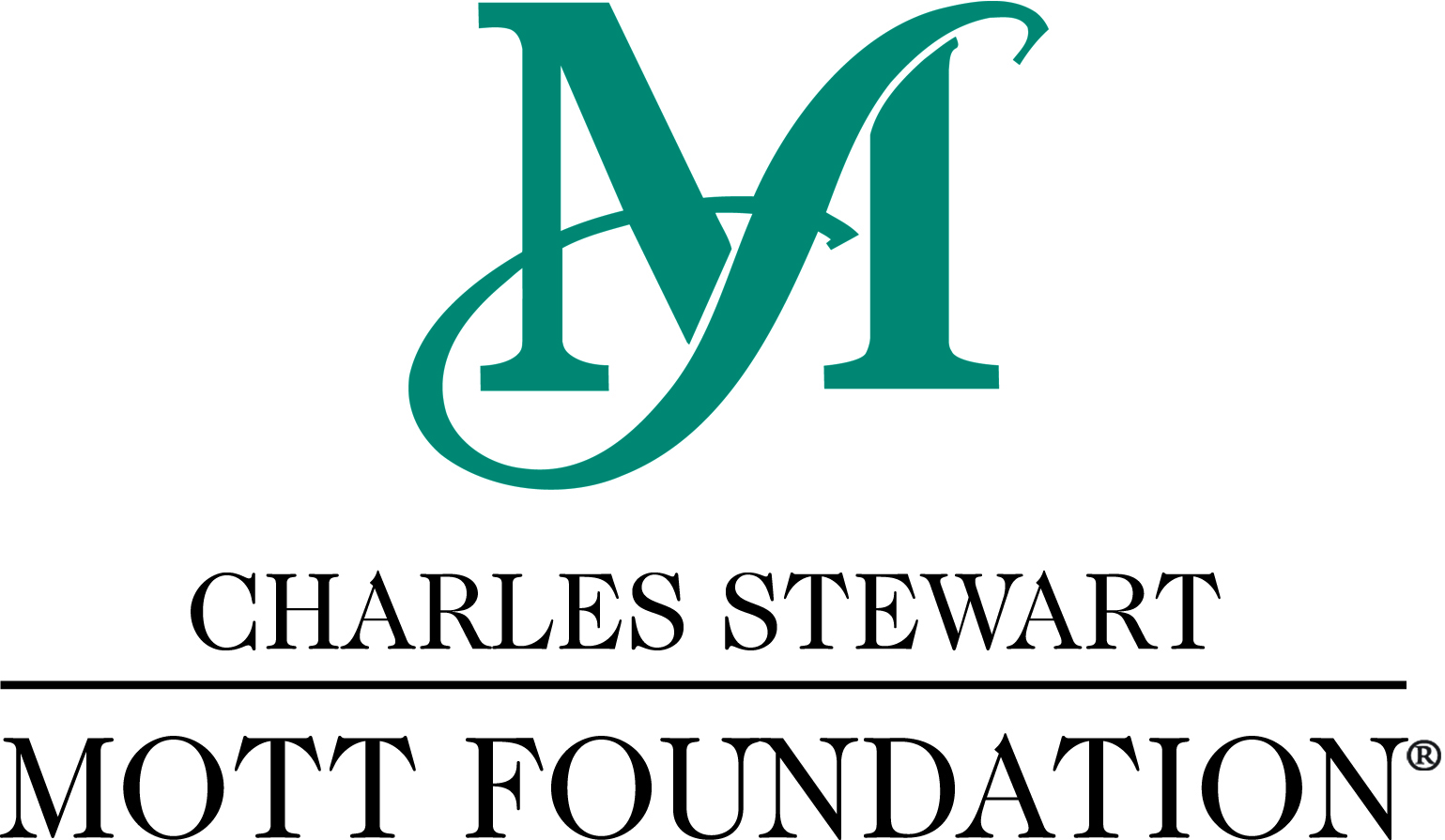
Visual Culture Research Center (VCRC) was founded in 2008 as a platform for collaboration between academic, artistic, and activist communities. VCRC is an independent initiative, which is engaged in publishing and artistic activities, scientific research, organization of public lectures, discussions, and conferences. In 2015 Visual Culture Research Center received the European Cultural Foundation’s Princess Margriet Award.
Visual Culture Research Center (44 Hlybochytska Street (1st floor), Kyiv)
Contacts:
+38096 4929600 (Nataliya Neshevets)
www.facebook.com/vcrc.org.ua
vcrc@vcrc.org.ua
Between Agora and Scaffold: Political Potential of Public Space
Thursday, 21 May 2015, 19:00
Visual Culture Research Center (44 Hlybochytska Street (1st floor), Kyiv)
Visual Culture Research Center and Political Critique invite you to the lecture and presentation of work Gemonian Scaffold by Alix Gallet and Mourad El-Garouge (Ateliers Populaires de Paris), which will take place on Thursday, 21 May, at 19:00.
During their lecture Alix Gallet and Mourad El-Garouge will tell about their work Geminian Scaffold, presented at the international exhibition “Some Say You Can Find Happiness There” at Visual Culture Research Center, and its historical contextualization.
The Gemonian Scaffold is a structure designed for the public space and inspired by French revolutionary carpenter Sieur Gérard. The title of this work refers to notorious Scalae Gemoniae – Gemonian stairs from the times of Roman Empire, which was used for public executions and demonstration of bodies. Another important analogy between the title of this object and its function is the similarity between words “scaffold” and “scaffoldings”. Gemonian Scaffold is conceived as a temporary agora made of standard elements of scaffoldings, which serve as a supporting structure at construction sites.
The Gemonian Scaffold is meant to facilitate public debates and gatherings of all kinds and in any context, depending on community needs. While addressing questions of political nature of public space, the Gemonian Scaffold remains a functional structure to be used by society.
Alix Gallet is member of Ateliers Populaires de Paris. She studied media design at the Design Academy of Eindhoven and fashion at the ESAA Duperré in Paris. Her synergistic approach is close to fiction design and research trends. Gallet’s most recent projects include issues as varied as biometric identification, behavioral packing unit online and gamification interactions.
Mourad El-Garouge is member of Ateliers Populaires de Paris. Since 2012, he has been project manager at the Palais des Congrès de Montreuil, where he coordinates the contemporary art fair “Les Hivernales”. In 2014, he created Artefiz, an independent publishing house, as well as cultural promotion association, “L ‘Art est vivant”.
Ateliers Populaires de Paris (APP) is a cooperative office operating in construction and design. It was created in Paris in October 2014 by five professionals active in the fields of architecture, cultural research, urban planning, education, and communication. APP offers services for territorial studies, art research, development of architectural projects and media design.
Presentation will take place at Visual Culture Research Center within the frameworks of the exhibition “Some Say You Can Find Happiness There” and “Exploitation of the Imaginary” project, which lasts from May 20 until June 15, 2015.
Admission is free
The project is supported by Rosa Luxemburg Stiftung

Supported by ERSTE Stiftung and Charles Stewart Mott Foundation


Visual Culture Research Center (VCRC) was founded in 2008 as a platform for collaboration between academic, artistic, and activist communities. VCRC is an independent initiative, which is engaged in publishing and artistic activities, scientific research, organization of public lectures, discussions, and conferences. In 2015 Visual Culture Research Center received the European Cultural Foundation’s Princess Margriet Award.
Visual Culture Research Center (44 Hlybochytska Street (1st floor), Kyiv)
Contacts:
+38096 4929600 (Nataliya Neshevets)
www.facebook.com/vcrc.org.ua
vcrc@vcrc.org.ua
Yves Cohen. New Politics of the Streets
Thursday, 23 April 2015, 19:00
Visual Culture Research Center (44 Hlybochytska Street (1st floor), Kyiv)
Visual Culture Research Center and Political Critique invite you to the lecture by Yves Cohen “New Politics of the Streets”, which will take place on Thursday, 23 April, at 19:00.
The 20th century is considered to be not only the century of scientific progress and democracy, but also totalitarianism, autocracy, and personality cult. Protest movements of the last 5 – 6 years in Brazil, Turkey, Tunisia, Ukraine performed a real critique of the vertical power structures. In his lecture, French historian Yves Cohen will present historical analysis of the events in Rio de Janeiro, in which he participated himself, as well as the events in Kyiv, Sofia, Tunisia, Istanbul, arguing whether recent protests could lead to other types of politics, and whether the 21st century could become “horizontal”.
Yves Cohen is historian, School for Advanced Studies in the Social Sciences (EHESS, Paris). He conducts research on the forms and conceptions of power, personality cult, the figure of the leader in the 20th century France, USA, USSR, and Germany. He authored numerous books and articles about the political regime in USSR.
Moderator – Nazariy Sovsun
Admission is free
Working language – English
Supported by ERSTE Stiftung and Charles Stewart Mott Foundation


Visual Culture Research Center (VCRC) was founded in 2008 as a platform for collaboration between academic, artistic, and activist communities. VCRC is an independent initiative, which is engaged in publishing and artistic activities, scientific research, organization of public lectures, discussions, and conferences. In 2015 Visual Culture Research Center received the European Cultural Foundation’s Princess Margriet Award.
Contacts:
+380631481204 (Nazariy Sovsun)
www.facebook.com/vcrc.org.ua
vcrc@vcrc.org.ua
France Guérin-Pace. Realization of Identity: Between the Origin and Life Journey
Visual Culture Research Center, Poltical Critique and Institut français d’Ukraine invite you to the lecture by France Guérin-Pace, which will take place on Tuesday, 21 April, at 19:00 within the frameworks of the program Migrations, Identities, Territories, meant to take place during the year 2015.
We are all bound by a number of different places: the place of birth, of the family origins, places, where we or our relatives reside, places of our dreams and imagination. All these places are arranged in a personal identification geographical heritage, which, depending on a concrete person and life situation, can be either partly involved, or not involved at all. In her lecture France Guérin-Pace will explain how geographical representation of the individual is formed, how we built our relationships with different places during our life journey, in what way we give sense to real and imaginary places of our former and present residence, what determines population’s feeling of belonging to a specific territory.
France Guérin-Pace is a Fellow Researcher at National Institute for Demographic Research (Paris), where she supervises the research laboratory “Identities and territories of population”. She is a geographer, who explores connections between the construction of identity and territories in individual and collective dimensions, problems of belonging to a specific territory as it is related to geographical paths, new places of residence, and migration.
Lecture program Migrations, Identities, Territories was developed by Institut français d’Ukraine in partnership with Center of French-Russian Studies (CEFR) and will take place during the year 2015.
French identity was formed as a result of displacements of the population. Outflow of rural population and its concentration in huge industrial zones, labour migrations in the 19 – 20th century, post-war migrations, reception of refugees, camps of displaced individuals, decolonization followed by the return of colonizers and emigration from former colonies – all these processes shaped the image of contemporary France. Migrations, borders and regional identities are being questioned today mostly within the European Union. Being central for French historians, sociologists, and demographers, these questions are important in contemporary Ukrainian context too. During the course Migrations, Identities, Territories Ukrainian public will have chance to aquaint itself with the research of French leading scholars and discuss in what way these challenges emerge here today.
Admission is free
Working language – French, with consecutive interpretation into Ukrainian
Supported by ERSTE Stiftung and Charles Stewart Mott Foundation


Visual Culture Research Center (VCRC) was founded in 2008 as a platform for collaboration between academic, artistic, and activist communities. VCRC is an independent initiative, which is engaged in publishing and artistic activities, scientific research, organization of public lectures, discussions, and conferences. In 2015 Visual Culture Research Center received the European Cultural Foundation’s Princess Margriet Award.
Contacts:
+380631481204 (Nazariy Sovsun)
www.facebook.com/vcrc.org.ua
vcrc@vcrc.org.ua
Kateryna Dysa. Female Sexuality in the 18th Century Ukraine: Non-Symmetrical Answers from Jurisprudence
Saturday, 14 March 2015, 17:00
Visual Culture Research Center (44 Hlybochytska Street (1st floor), Kyiv)
Visual Culture Research Center and Political Critique invite you to the lecture by a historian Kateryna Dysa, which will take place on Saturday, 14 March, at 17:00.
Hostile attitude towards the manifestations of sexuality, especially female and extramarital, evolved during the first centuries of Christianity. Such attitude was later taken up by secular courts, which criminalized some types of extramarital intimate relationships. In the records of Ukrainian courts – both secular and religious – there are many cases on sexual «deviations», including adultery as one of the prevailing. In her lecture Kateryna Dysa will examine the specific character of such cases: under what circumstances relationships, which were secret by definition, became apparent, who would most likely become accused, and why was the punishment disproportionate to «crime».
Kateryna Dysa holds a PhD in history, is lecturer at the National University of «Kyiv-Mohyla Academy», and fellow researcher at the Center for Polish and European Studies. Her research interests are oriented in historical anthropology: history of witchcraft, history of family, history of childhood, as well as history of healthcare, ideas, and imagination. She is the author of books History of Everyday Life in Early Modern Europe, and History of Witches. Trials of Necromancy in Ukrainian Voivodships of Polish-Lithuanian Commonwealth in 17–18 centuries.
Admission is free
The lecture will take place within the frameworks of feminist program that is taking place at VCRC from 3rd to 19th of March
Supported by ERSTE Stiftung, Charles Stewart Mott Foundation and Heinrich-Böll-Stiftung Ukraine


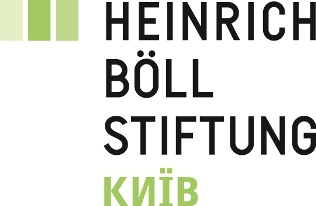
Visual Culture Research Center (VCRC) was founded in 2008 as a platform for collaboration between academic, artistic, and activist communities. VCRC is an independent initiative, which is engaged in publishing and artistic activities, scientific research, organization of public lectures, discussions, and conferences. In 2015 Visual Culture Research Center received the European Cultural Foundation’s Princess Margriet Award.
Contacts:
+380631481204 (Nazariy Sovsun)
www.facebook.com/vcrc.org.ua
vcrc@vcrc.org.ua
Françoise Thébaud. European Women at War: 1914 – 1918
Tuesday, 3 March 2015, 19:00
Visual Culture Research Center (44 Hlybochytska Street (1st floor), Kyiv)
On the occasion of International Women’s Day and the 100th anniversary of the beginning of First World War, Visual Culture Research Center, Institut français d’Ukraine, and Political Critique invite you to the lecture by women’s history researcher Françoise Thébaud, which will take place on Tuesday, 3 March, at 19:00.
Long and deadly, First World War was not only men’s business. The lecturer will consider chronology and forms of mobilization of women, their challenges (loneliness, mourning, poverty, sexual violence), their patriotic and pacifist attitudes and duties, consequences of war for every person, and the changing role of women in society. Referring to the examples from French history, she will also make comparisons with the contexts of other Western European countries.
Françoise Thébaud is an Honorary Professor of contemporary history at the University of Avignon, Fellow Researcher at the Institute for Gender Studies of Geneva University. She is also a co-editor of the journal Clio. Women, Gender, History, author of the books How to Write about Women’s History and Gender (2007), Women at First World War (2013), and editor of the anthology History of Western Women. Volume 5, 20th century translated into many languages. At the moment, she is working on biography of Marguerite Thibert (1886 – 1982) – Doctor of Philology, pacifist, feminist, women’s labour expert at International Labour Organization.
Admission is free
Working language – French, with consecutive interpretation into Ukrainian
The lecture will take place within the frameworks of feminist program which will last at VCRC from the 3d until the 19th of March
Supported by ERSTE Stiftung, Charles Stewart Mott Foundation and Heinrich-Böll-Stiftung Ukraine



Visual Culture Research Center (VCRC) was founded in 2008 as a platform for collaboration between academic, artistic, and activist communities. VCRC is an independent initiative, which is engaged in publishing and artistic activities, scientific research, organization of public lectures, discussions, and conferences. In 2015 Visual Culture Research Center received the European Cultural Foundation’s Princess Margriet Award.
Contacts:
+380631481204 (Nazariy Sovsun)
www.facebook.com/vcrc.org.ua
vcrc@vcrc.org.ua
Nadia Parfan. Cities Which Never Existed: History of the Soviet Urban Utopia
Wednesday, February 25th 2015, 19:00
Visual Culture Research Center (44 Hlybochytska Street (1st floor), Kyiv)
Visual Culture Research Center and Political Critique invite you to the lecture by an urban researcher Nadia Parfan, which will take place on Wednesday, February 25th at 19:00.
Is it possible to learn from the urban theories of the past centuries? In what way can we dream about ideal post-Soviet Kyiv? This lecture is about the evolution of utopian thinking in the theory and practice of Soviet urban planning. We will consider the Soviet urban utopia within the wide context of Western modernity – from Thomas More and Charles Fourier to contemporary utopist David Harvey. It will help us to follow the evolution of the utopian projects of Soviet urbanism – from the “flying cities” in the revolutionary 1920s to Slavutych, Rusanivka and typical microdistricts in the late Soviet period. We will also examine spatial transformations of these projects during the last decades and will try to see whether the utopia of post-Soviet cities has any chances to be fulfilled.
Nadia Parfan studied culture studies at National University of Kyiv-Mohyla Academy (Kyiv) and social anthropology at Central European University (Budapest). In 2012 – 2013 she was a Fulbright scholar and guest researcher at the Department of Geography and Urban Studies at Temple University, Philadelphia. She is a co-founder of the Urban Film Festival “86” in Slavutych. Nadia is interested in documentary film, cultural infrastructure and everyday practices of urban residents.
Admission is free
The lecture will take place within the framework of the exhibition Superstructure, which is open at VCRC until the 28th of February
Supported by ERSTE Foundation and Charles Stewart Mott Foundation


Exhibition “Superstructure” takes place within the frameworks of Unrendered Spaces project

Project partners:
Visual Culture Research Center (VCRC) was founded in 2008 as a platform for collaboration between academic, artistic, and activist communities. VCRC is an independent initiative, which is engaged in publishing and artistic activities, scientific research, organization of public lectures, discussions, and conferences. In 2015 Visual Culture Research Center received the European Cultural Foundation’s Princess Margriet Award.
Visual Culture Research Center (44 Hlybochytska Street (1st floor), Kyiv)
Contacts:
+38096 4929600 (Nataliya Neshevets)
www.facebook.com/vcrc.org.ua
vcrc@vcrc.org.ua
Meeting with Georg Schöllhammer
Sunday, Februaty 8th 2015, 19:00
Visual Culture Research Center (44 Hlybochytska Street (1st floor), Kyiv)
Visual Culture Research Center and Political Critique invite you to the lecture by an Austrian curator Georg Schöllhammer, which will take place on Sunday, February 8th, at 19:00.
Georg Schöllhammer will talk about Local Modernities – a long-term international research project, founded in 2002 and dedicated to the architecture and urban development of Soviet modernism, their social and ideological origins. The project opposes conventional prejudice against Soviet urbanism, arguing for a research of the urban planning approach that is deeply rooted in the blueprint of the new socialist society. According to Georg, this continent of architecture, while marked by internal conflicts, is rich in genuine masterpieces that are waiting to be discovered and appreciated. The project is focused on the paradoxical nature of Soviet urbanism, with its insurmountable contradiction between progressive ideology of common public space and organization of municipal public utilities, between the imaginary space of power and real space of the Soviet daily life. This very contradiction, according to the authors of the project, contributed to the collapse of the Soviet Union. Local Modernities is an ongoing research project, which previously took place in Vienna, Istanbul and Sao Paulo. Georg Schöllhammer will elaborate on its current results and plans for the next years.
Georg Schöllhammer is an editor, writer, and curator based in Vienna. He has worked internationally on cultural projects including Documenta, Manifesta, Transits, initiated and taken part in numerous independent art initiatives over the past 15 years. He is the curator of Arsenale 2015, together with Hedwig Sachsenhuber.
Admission is free
The lecture will take place within the framework of the exhibition Superstructure, which will take place at VCRC until the 28th of February
Supported by ERSTE Foundation and Charles Stewart Mott Foundation


Exhibition “Superstructure” takes place within the frameworks of Unrendered Spaces project

Visual Culture Research Center (VCRC) was founded in 2008 as a platform for collaboration between academic, artistic, and activist communities. VCRC is an independent initiative, which is engaged in publishing and artistic activities, scientific research, organization of public lectures, discussions, and conferences. In 2015 Visual Culture Research Center received the European Cultural Foundation’s Princess Margriet Award.
Visual Culture Research Center (44 Hlybochytska Street (1st floor), Kyiv)
Contacts:
+38096 4929600 (Nataliya Neshevets)
www.facebook.com/vcrc.org.ua
vcrc@vcrc.org.ua
Olga Papash. The Irony of Architecture’s Fate in the Soviet Cinema
Wednesday, February 11th 2015, 19:00
Visual Culture Research Center (44 Hlybochytska Street (1st floor), Kyiv)
Visual Culture Research Center and Political Critique invite you to a lecture by culture critic Olga Papash, which will take place on Wednesday, February 11th, at 19:00.
In the 1960s and 1970s, the Soviet Union experienced a housing boom. This period is usually connected with an unprecedented burst of mass prefabricated building. One of the most well-known types of low-cost, paneled apartment building was the the notorious khrushchovka. To a large extent, khrushchovkas and other prefabricated buildings determined the architectural portrait of the epoch, in particular, as it was represented in film. This kind of focus would set off most individual achievements of Soviet architects. In addition, mass perception of typical architecture dramatically changed from delight to neglect during some two decades. In her lecture, Olga Papash will consider this iconic shift, exemplifying it by both famous and little-known films of the period. She will also speak on the transformation of representative strategies towards the end of the 1970s.
Olga Papash is a culture studies scholar, film critic, essayist, and translator. She received her MA degree in cultural studies from the National University of Kyiv-Mohyla Academy. In the course of her postgraduate research, she analyzed the strategies of representation of collective trauma in cinema. She worked as a film historian at the National Oleksandr Dovzhenko Center and researched Soviet Ukrainian cinema of the 1920s and 1980s for two years. Olga Papash is the author of numerous articles on art and film. She is also a member of the Ukrainian editorial board of Political Critique magazine.
Admission is free
The lecture will take place within the frameworks of the exhibition Superstructure, which will take place at VCRC until the 28th of February
Supported by ERSTE Foundation and Charles Stewart Mott Foundation


Exhibition “Superstructure” takes place within the frameworks of Unrendered Spaces project

Visual Culture Research Center (VCRC) was founded in 2008 as a platform for collaboration between academic, artistic, and activist communities. VCRC is an independent initiative, which is engaged in publishing and artistic activities, scientific research, organization of public lectures, discussions, and conferences. In 2015 Visual Culture Research Center received the European Cultural Foundation’s Princess Margriet Award.
Visual Culture Research Center (44 Hlybochytska Street (1st floor), Kyiv)
Contacts:
+38096 4929600 (Nataliya Neshevets)
www.facebook.com/vcrc.org.ua
vcrc@vcrc.org.ua
Lecture by architect Edward Bilsky
Friday, February 6th, 2015, 19:00
Visual Culture Research Center (44 Hlybochytska Street (2d floor), Kyiv)
Visual Culture Research Center and Political Critique invite you to a lecture by architect Edward Bilsky, which will take place on Friday, February 6th, at 19:00.
Eduard Bilsky will talk about his main projects in Kyiv. How did they change from the first drafts to final versions? What were the architect’s suggestions that would have helped to form a completely different image of the city, but never got implemented? Why is Palace for Children and Youth considered to be one of the best examples of Kyiv architecture in the second half of the XX century, but today being ruined by real estate developers? Why had Vynohradar been repeatedly recognized as one of the best residential districts in the USSR, while its construction was never finished?
Eduard Bilsky is an Honored Architect of Ukraine, member of Ukrainian Academy of Architecture, Winner of the First USSR State Award in architecture. He is the author of more than 300 facilities in Kyiv, Odesa, Tashkent, Moscow, etc. Eduard Bilsky is the author of projects of residential blocks at Darnytsia, as well as the districts of Vynohradar, Synioozerny, “Pektoral” student campus, Kyiv Palace for Children and Youth, Palace for Ceremonial Events at Dniprovsky district, cross-functional entertainment centre at Vynohradar district, office buildings on 77, Velyka Vasylkivska Street, government facilities, bus stations in Kyiv and Odesa.
Admission is free
The lecture will take place within the framework of the exhibition Superstructure, which will take place at VCRC until the 28th of February
Supported by ERSTE Foundation and Charles Stewart Mott Foundation


Exhibition “Superstructure” takes place within the frameworks of Unrendered Spaces project

Visual Culture Research Center (VCRC) was founded in 2008 as a platform for collaboration between academic, artistic, and activist communities. VCRC is an independent initiative, which is engaged in publishing and artistic activities, scientific research, organization of public lectures, discussions, and conferences. In 2015 Visual Culture Research Center received the European Cultural Foundation’s Princess Margriet Award.
Visual Culture Research Center (44 Hlybochytska Street (1st floor), Kyiv)
Contacts:
+38096 4929600 (Nataliya Neshevets)
www.facebook.com/vcrc.org.ua
vcrc@vcrc.org.ua

